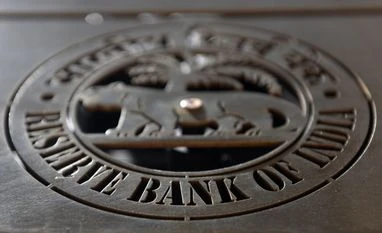The Reserve Bank of India on Friday cautioned the public against fraud in the name of KYC updation and advised not to share documents with unknown entities.
In the wake of continuing incidents and reports of customers falling prey to frauds being perpetrated in the name of KYC updation, RBI urged the members of the public to exercise caution and due care to prevent loss and safeguard themselves from such malicious practices.
In past also the central bank has cautioned the public regarding such frauds.
"Do not share KYC documents or copies of KYC documents with unknown or unidentified individuals or organizations," it said.
Also, do not share account login credentials, card information, PINs, passwords, OTPs with anyone, the RBI added.
"The modus operandi for such frauds usually involves customers receiving unsolicited communications, including phone calls/SMS/emails, through which they are manipulated into revealing personal information, account/login details, or installing unauthorised or unverified apps through links provided in the messages," it said.
More From This Section
RBI further said such communications often employ tactics of creating a false urgency and threatening of account freezing/blocking/closure, if the customer fails to comply.
"When customers share essential personal or login details, fraudsters gain unauthorized access to their accounts and engage in fraudulent activities," it added.
On what should be done in the event of receiving any request for KYC updation, RBI said directly contact their bank/financial institution for confirmation/ assistance.
"Obtain contact number/ customer care phone number of the bank/ financial institution only through its official website/ sources," the central bank said.
One should also inform the bank/ financial institution immediately in case of any cyber fraud incident.
It also cautioned the public against clicking on suspicious or unverified links received in mobile or email.
)